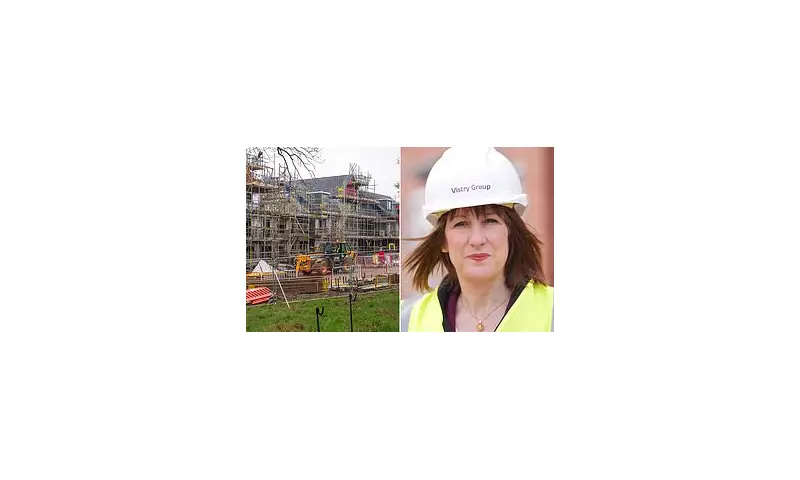
In a move that could send shockwaves through the UK housing market, Chancellor Rachel Reeves is reportedly eyeing a significant expansion of the landfill tax. The proposal would see the levy, traditionally applied to household and commercial waste, extended to include materials from construction and demolition sites.
This potential policy shift has triggered immediate alarm from property developers and industry experts. They warn that the additional financial burden will inevitably be passed on to homebuyers, potentially adding thousands of pounds to the price of a new-build home. This comes at a critical time when affordability is already a major concern for many aspiring homeowners.
A Direct Threat to Housebuilding Targets
The proposed tax expansion poses a direct contradiction to the government's own ambitious manifesto pledge to build 1.5 million new homes over the next five years. Industry leaders argue that increasing the cost of construction through new taxes will stifle development and make it even harder to meet these crucial targets.
The Home Builders Federation (HBF) has been vocal in its criticism, stating that the sector is already a leader in recycling and waste recovery. They contend that penalising builders further could jeopardise vital housing projects and investment across the country.
The Industry Backlash
The response from the construction sector has been swift and firm. Key figures have labelled the idea as "ill-conceived" and a "tax on new homes." They emphasise that the industry already operates under a strict "polluter pays" principle and manages over 90% of its non-excavation waste without resorting to landfill.
This policy, if implemented, is seen not as an environmental incentive but as a straightforward revenue-raising exercise that will ultimately hurt the consumer and hinder much-needed housing supply.
Political and Economic Ramifications
The debate places Chancellor Reeves in a difficult position, caught between the desire to generate treasury revenue and the commitment to kickstart economic growth and solve the housing crisis. The controversy highlights the challenging trade-offs involved in policymaking, where a decision aimed at one objective can have severe unintended consequences for another.
All eyes are now on the Treasury as it finalises its plans for the upcoming Autumn Statement, with the housing and construction industries waiting anxiously to see if this controversial tax will be given the green light.





